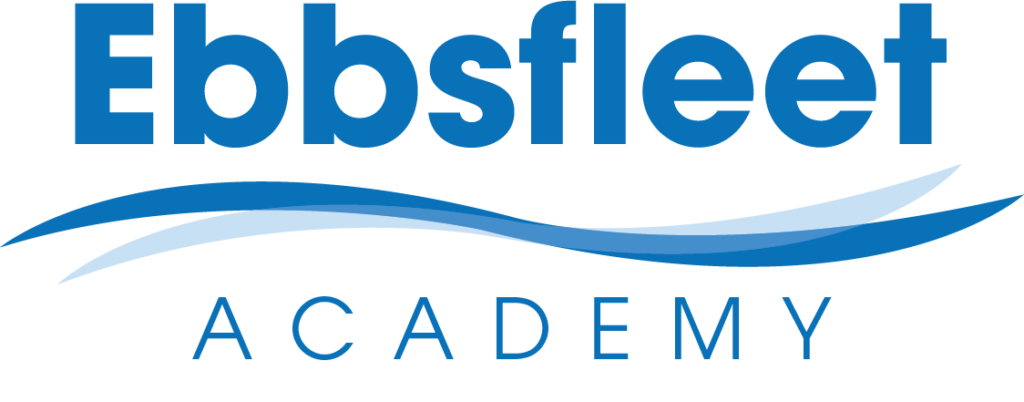curriculum intent
At Ebbsfleet Academy, computer science education prepares students for life in an increasingly global society by teaching essential digital citizenship skills. Students will understand how to stay safe in their online world, develop academic honesty, understand what responsible technology use is, and have opportunities to debate ethical issues within the digital world. Students learn how to protect personal information, consider the implications of their digital footprint, and show respect for intellectual property through activities tied to real-world contexts.
Students get first-hand experience with emerging technologies like artificial intelligence, virtual reality, and the internet of things. They actively participate in the design and development process, creating innovative solutions to authentic problems.
We reinforce literacy and numeracy competencies through technical writing, presenting algorithms logically, and computing quantitative data from software applications. Students practice clear communication, systematic thinking and analysis – skills transferable across subjects.
Our curriculum focuses on computational thinking, teaching students how to break down complex problems into solvable steps. Example concepts covered include abstraction, algorithms, data representation and decomposition. Students acquire problem solving skills by applying these concepts to create efficient, modular software programs. Debugging code also builds critical evaluation abilities.
Skills spiral across key stages, progressing in sophistication. Fundamentals at KS3 underpin KS4 GCSE and BTEC DIT and KS5 BTEC Computing. This provides students the opportunity to pursue careers in computing, engineering or tech-related apprenticeships.
Even those who do not continue with computer science gain real-world skills like collaborating in teams, thinking creatively, and using tools judiciously to accomplish objectives. These help prepare students for constantly adapting workplaces of the future.
topic overview
Computer Science
Module 1
Using computers safely, effectively and responsibly
Module 2
Game programming in Scratch
Module 3
Game programming in Scratch
Module 4
Spreadsheet modelling
Module 5
Graphics
Module 6
Graphics
Computer Science
Module 1
Understanding computers
Module 2
Introduction to Python
Module 3
Introduction to Python
Module 4
HTML and web development
Module 5
HTML and web development
Module 6
Computer crime and cyber security
Computer Science
Module 1
AI and machine learning
Module 2
Python next steps
Module 3
Python next steps
Module 4
Computational thinking and logic
Module 5
Animation in Animate
Module 6
Animation in Animate
Module 1
Pseudocode and algorithms
Module 2
Search & sort algorithms
Module 3
Compression
Module 4
System architecture
Module 5
Networks
Module 6
Databases and SQL
Module 1
Exploring user interface design principles
Project planning techniques
Module 2
Exploring user interface design principles
Project planning techniques
Module 3
Exploring user interface design principles
Project planning techniques
Collecting, presenting and interpreting data
Module 4
Collecting, presenting and interpreting data
Module 5
Collecting, presenting and interpreting data
Module 6
Collecting, presenting and interpreting data
Computer Science
Module 1
Data representation
Binary addition
Primary and secondary storage
Module 2
Representing images & sound
Social engineering
Cyber security
Module 3
Search & sort algorithms
Compression
System architecture
Module 4
Networks
Databases and SQL
Module 5
Revision
Module 6
–


